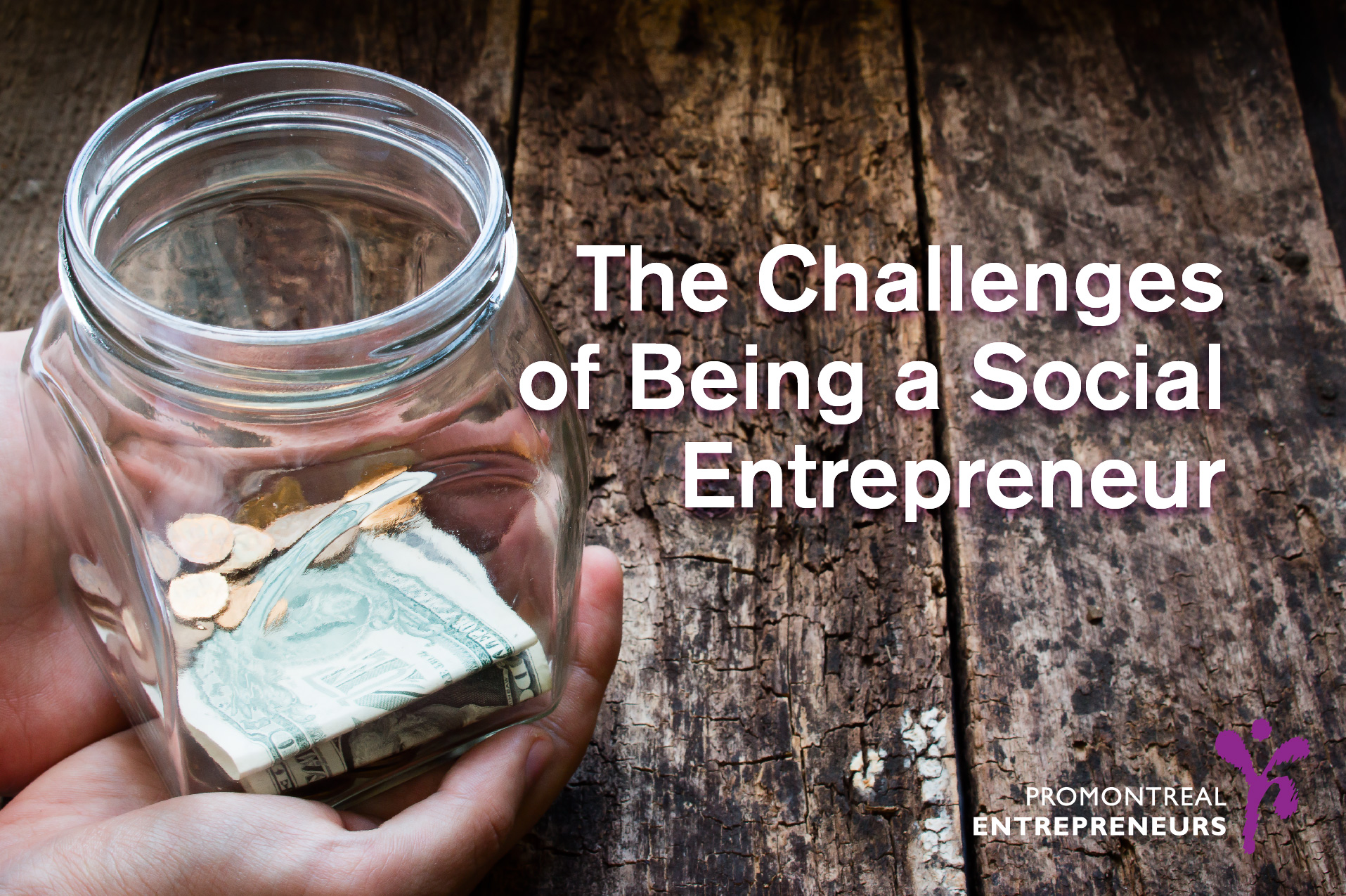
Let’s start off by addressing that being an entrepreneur is difficult. However, being a social entrepreneur brings about its own set of challenges and obstacles. It combines social impact with sustainable business growth. Social entrepreneurs are faced with having to solve or alleviate a real-world issue while also maintaining positive financial performance. . Here are the two main challenges social entrepreneurs face. Though considered challenges, many have overcome them in the past.
1. Competing on prices while having enough money to make a social impact
In order to remain competitive, social enterprises need to take advantage of creative pricing strategies. Social entrepreneurs need to establish a pricing strategy that will consider price point, allowing for enough revenue to serve their chosen cause, without compromising their customers’ expectation of their product. Though social enterprises have to overcome additional challenges when pricing, they can use original pricing techniques that are not as readily available to other start-ups. Social entrepreneurs should strategically highlight their cause and mission. Socially conscious consumers who agree with this mission will be willing to purchase at a higher price point in order to support the cause. Furthermore, bundling will incentivize sales. Shoe company, Toms, has made great use of this. For every shoe sold, a pair is donated someone in need. In order to build and grow brand equity, social entrepreneurs should also look into certification. For instance, being certified as fair trade, or B Corp will help maintain a positive reputation and better positioning.
2. Quantifying your impact
Measuring impact for social entrepreneurs can be complex. Not only do you have to establish metrics for your business performance, you have to measure your social impact to prove credibility, as well as attract investors and potential business partners. Impact investments are investments that not only yield financial return, but social and environmental return as well. With the rise of the number of social enterprises, credible organizations have developed frameworks to standardize the calculation of social impact. The IRIS Framework consists of an organization’s description, product description, financial performance, operational impact, and product impact. If your mission is to have impact on a global scale, The Global Impact Investing Ratings System (GIIRS) gathers a range of information with regards to company’s work, size, sector, and region. These assessments are carried out annually and validated by the GIIRS.
Many resources are available to Montrealers looking to take a step into social enterprise. Luckily, numerous grants, and funding opportunities are available, that do not require giving away equity or paying back an investor. YES Montreal, Futurpreneur, Quartier de l’Innovation and PMEMTL all offer workshops and/or grant opportunities for social enterprises in the city, just to name a few.
With millennials harnessing the wave of activism and social awareness, social entrepreneurship has risen for the past decade. They are working towards incubating ground-breaking innovations, alleviating life-threatening issues, and pioneering some of the future’s most resourceful projects. While it is true that many obstacles can interfere with business operations, the key is taking advantage of the resources available your given city and finding creative ways of overcoming these challenges.
 Email This Post
Email This Post


